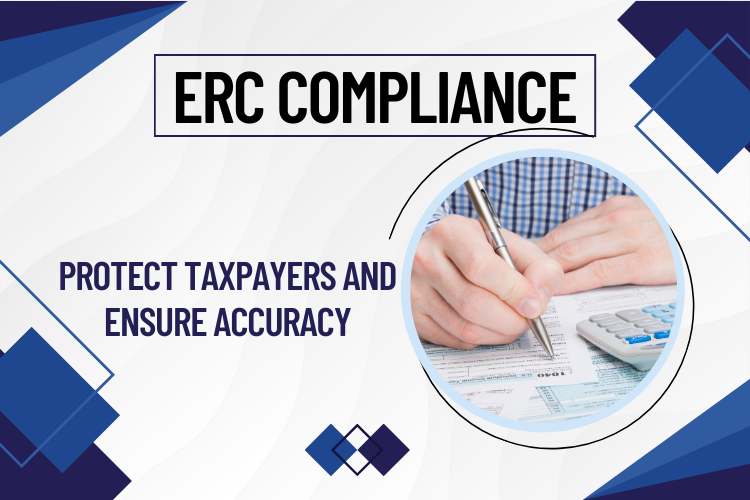On June 20, 2024, the Internal Revenue Service (IRS) declared it would reject many high-risk Employee Retention Credit (ERC) claims. However, it would proceed with processing lower-risk claims to assist eligible taxpayers. This action results from a thorough examination to protect taxpayers and small businesses.
IRS Commissioner Danny Werfel highlighted that the review provided significant insights into risky ERC activities, confirming concerns about numerous improper claims.
“We will now use this information to deny billions of dollars in clearly improper claims and begin additional work to issue payments to help taxpayers without any red flags on their claims,” said Werfel.
Complex Review Process
Since September, the IRS has been digitizing and analyzing over 1 million ERC claims, amounting to over $86 billion. Based on the review, 10–20% of these claims are in the highest-risk group and clearly show mistakes. These will be denied in the coming weeks.
Additionally, 60-70% of claims show an unacceptable level of risk and will undergo further analysis.
Support for Small Businesses

The IRS will start handling 10 to 20 percent of low-risk ERC claims because it is worried about small businesses waiting for legitimate claims. Initial payments for these claims are expected later this summer, but due to increased scrutiny, they will be issued at a slower pace.
Continued Scrutiny and Review
The IRS has emphasized that taxpayers with claims for the Employee Retention Credit (ERC) should refrain from taking any action and wait for further notification.
Processing speeds will not be equivalent to the levels observed during the previous summer, and taxpayers are advised against contacting the IRS toll-free lines to obtain updates on these claims.
Compliance Efforts and Legislative Consultation

Werfel expressed concerns about taxpayers misled by promoters into filing improper ERC claims. He advised individuals with pending claims to carefully examine the IRS guidelines and seek guidance from authorized tax experts. The IRS also warned about promoters exploiting today’s announcement to attract clients.
Since September 2023, the IRS has investigated 28,000 claims worth $2.2 billion and turned down over 14,000 claims worth more than $1 billion. Because of the findings and the high number of wrong claims, the IRS will not process any new ERC claims sent after September 14, 2023.
During this period, the IRS will consult with Congress and consider potential legislative actions, including closing new claims and extending the statute of limitations to pursue improper claims.
Special IRS Withdrawal Program
The IRS encourages businesses with unprocessed claims to consider the ERC Withdrawal Program to avoid future compliance issues. This program allows businesses to withdraw improper claims and return received checks without penalty.
Compliance Work Tops $2 Billion
The IRS has spent more than $2 billion on compliance efforts related to wrong ERC claims, almost twice as much as in March.
The IRS is considering reopening the ERC Voluntary Disclosure Program with lower fees to help taxpayers whose claims have already been processed avoid having to deal with compliance issues again.
Ongoing Enforcement Actions

The IRS reminded those with pending claims of other ongoing compliance actions, including criminal investigations, audits, and promoter investigations. As of May 31, 2024, the IRS Criminal Investigation has started 450 criminal cases related to approximately $7 billion in potentially fraudulent claims.
Guidance for Taxpayers
The IRS and tax professionals stress that ERC eligibility depends on specific circumstances and advise businesses to consult trusted tax professionals rather than promoters.
The IRS provides numerous resources to help companies to understand and verify ERC eligibility.
Conclusion
The IRS’s actions reflect its commitment to protecting taxpayers and ensuring the integrity of the ERC program. By denying high-risk claims and carefully processing low-risk ones, the IRS aims to support eligible businesses while preventing improper payouts.
